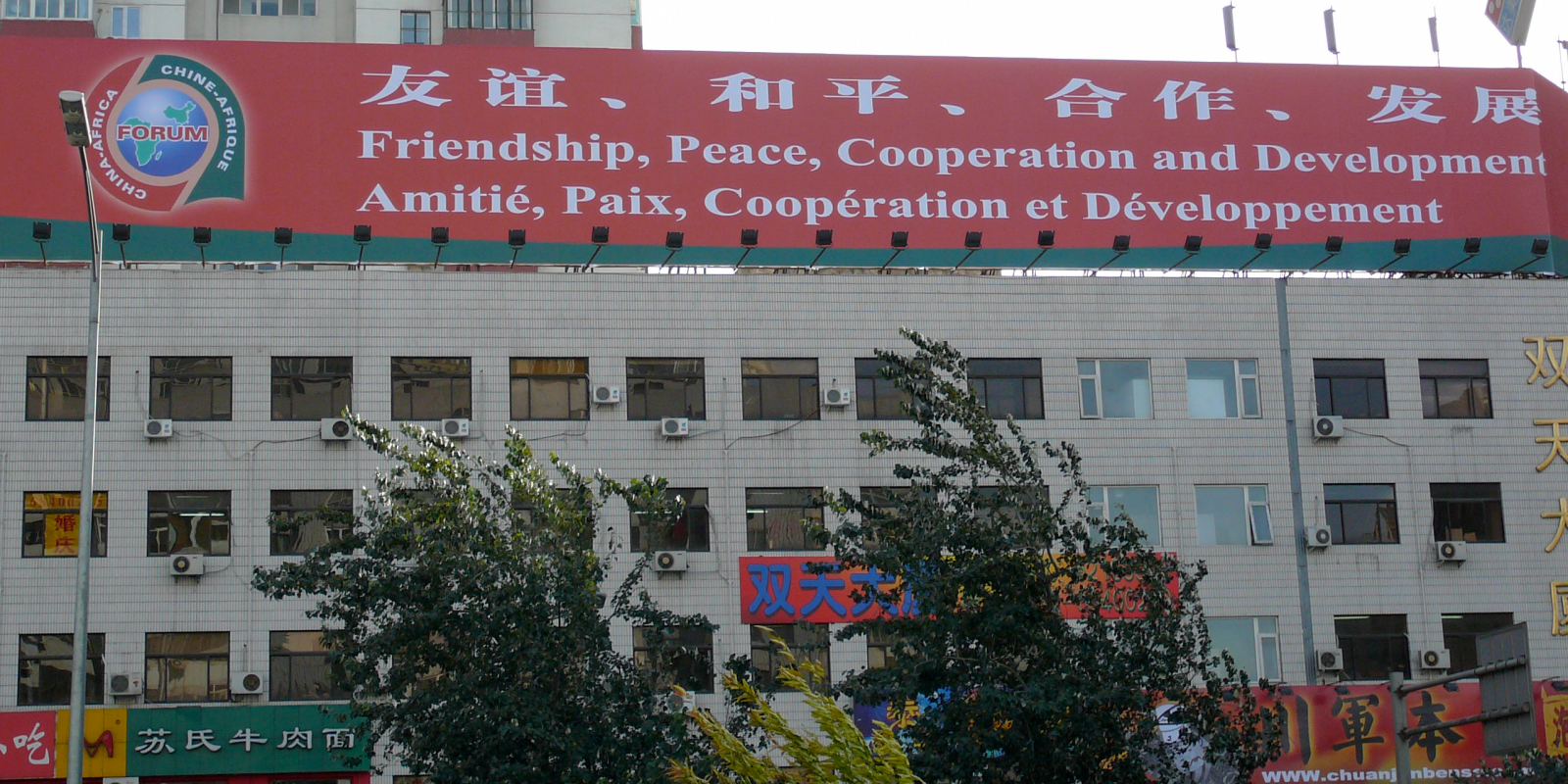For many, the current deluge of information on international affairs, fake or real, is over-whelming. Ideas and events are conflated into narratives that often distort and disorientate perspective. This is underscored by the obvious disadvantages affecting the Global South, regarding the variety of choice related to the mainstream production and consumption of news.
Reframing narratives, specifically related to the overhaul and re-establishment of a global security, financial, and trading institutional architecture is an imperative that re-affirms agency for the Global South
Tweet
As a result, in 2022, narratives of human futures, whether it be about political organisations, economic welfare, or social development, continue to be framed and driven by interests located in the Global North. Of course, this is hardly breaking news, and there are libraries of literature confirming this trend. Therefore, the poignancy of agency in the framing and understanding of developmental futures at a global level, and in the Global South specifically, cannot be under-estimated or over-stated. In fact, the concept of agency, its necessities, and values, has formed a key part of the development narrative in the Global South.
Moreover, it is evident that in some cases, political rhetoric, terminology and reference to catalytic events and movements which demand social, political and economic change are sometimes framed as anti-establishment referents and terms like ‘regime change’ and ‘democratic change’ are presented as more legitimate interventions. This distorts and devalues the realities and challenges of communities in the Global South, and in fact re-positions legitimate struggles against monopoly capital, and environmental disaster as acts of ‘terror’ and subversion. In this regard, reframing narratives, specifically related to the overhaul and re-establishment of a global security, financial, and trading institutional architecture is an imperative that re-affirms agency for the Global South; and represents the inevitable, global shift toward equitable distribution of power, resources, and development.
Case in point – The Communist Party of China (CPC) recently held its elective conference in which the leadership of the party re-organised its personnel and set in motion key policy objectives for the country’s short, and long-term future. To enable these objectives, a plan, and a strategy were adopted:
- The Five-Sphere Integrated Plan – seeks to promote coordinated economic, political, cultural, social and ecological advancement.
- The Four-Pronged Comprehensive Strategy – seeks to make comprehensive moves to build a modern socialist country, deepen reform, advance law-based governance, and strengthen Party self-governance.
For the Global South, the Belt and Road Initiative (BRI) is a concrete manifestation and extension of the Five-Sphere Integrated Plan. Furthermore, by adding more representation, and further empowering the functionality and purpose of the Brazil-Russia-India-China-South Africa + (BRICS+) Bloc, the Five-Sphere Integrated Plan becomes a globally relevant, symbolic articulation of a narrative that elevates the economic struggles of the Global South. This is based on the assumption that all these states recognise each other’s agency.
These developments inevitably run contrary to the interests of financial institutions and corporations such as the International Monetary Fund (IMF) and World Bank, whose core membership and representation falls within the ambit of Euro-American business. It is not coincidental that the Military Industrial Complex has kicked into high gear, ushering in an unprecedented rise in right-wing extremism across the Euro-American political landscape. In this regard, the Four-Pronged Comprehensive Strategy is yet another bold articulation of a narrative that speaks to the interests of the working class in China, and re-positions their economic and political value within global matrices of power. Therefore, the Four-Pronged Comprehensive Strategy serves as another symbolic articulation of a narrative that highlights both successes and challenges regarding the CPC’s ongoing New Democratic Revolution, and the relevance of this revolution within the political geographies of the Global South.
For Africans worldwide, the youth struggle to grapple with the effects of Africa’s security and economic challenges. The spectre of neo-colonialism is now a reality, disempowering and disenfranchising the youth who seek to build sustainable futures. The elite dominate the political and economic landscape of the African world, creating class struggles highlighted by the rise in coups and civil disorder. These phenomena, coupled with the continued rise in the presence of private militaries, employed to maintain the status quo, exacerbate tensions.
For Africans worldwide, the youth struggle to grapple with the effects of Africa’s security and economic challenges.
Tweet
It is therefore important to emphasise the need for constructive, strategic relationships amongst the polities of the Global South. Currently, the strength of China’s position in global affairs is its ability to control its own narrative. This bodes well in an era which is witnessing the gradual disintegration of Euro-American economic and political hegemony. Furthermore, it entrenches the purpose of the Pan-African Unity of African peoples worldwide, as they reject the policies and agreements forced upon them by the Global North. Thus, reformulating the geo-political representation of Africans becomes an important task; and contextualising this representation by a narrative that builds on principles of a New Democratic Revolution, environmentally sustainable development, and a prosperous future.
Prof. Kwesi DLS Prah is a historian based in the Department of History at the University of South Africa. He is also an Adjunct Research Associate at East China Normal University, Shanghai.


